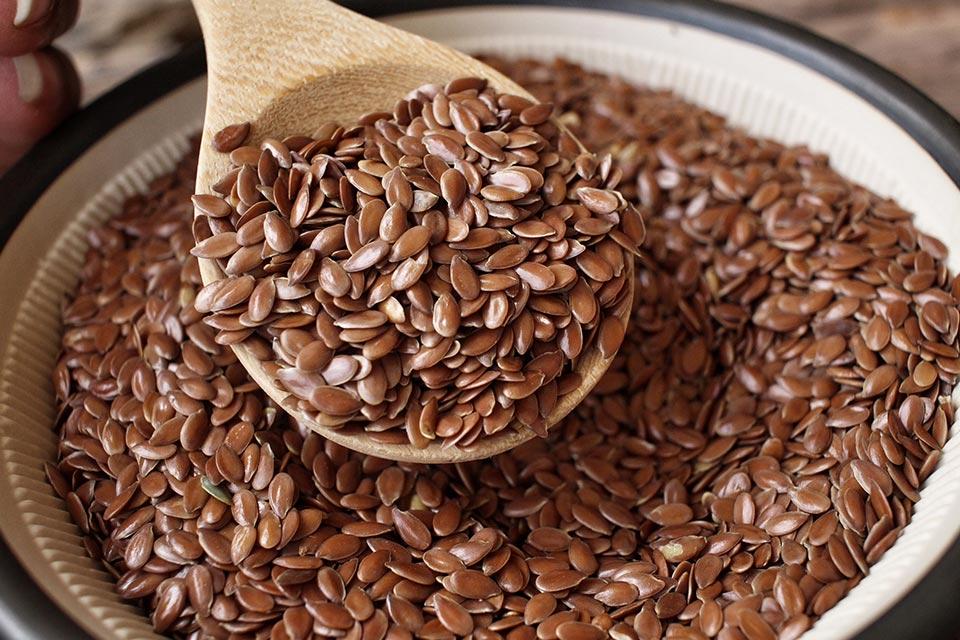When meal planning, remember that everything you eat has an impact on your health. Every day we are bombarded with information telling us what to eat and what not to eat. Have you been lured in by fancy pills and shakes intended to help your colon? Put them down and consider more natural, and less expensive, regular food options.

Probiotics
Your entire colon is colonized with good bacteria and yeast. These living organisms help you break down and remove waste from your body. They also keep the bad bacteria in check. Under normal circumstances, it should not be necessary to load your gut with probiotics, despite what the commercials say. However, if you are experiencing digestive difficulties, such as diarrhea or bloating, your gut bacteria might need a little help getting back in check. Fermented foods like yogurt or kefir can help provide the good bacteria boost you need to rebalance your system.
Dark Leafy Vegetables
The minute I say dark, leafy vegetable, most people envision a cluster of spinach. There are many other variations of dark leafies, including collard greens, kale and even romaine. These plant foods are great sources of folate and a host of vitamins and minerals. They also provide a punch of fiber that help clear your colon. It's important to note that not all leafy vegetables are created equally. A cup of iceberg lettuce, for example, has nearly no nutritional value. Its main component is water. Rule of thumb — the darker the leaf the better the benefit.
Garlic
This bulbous vegetable has long been researched for its natural antibacterial properties. Small studies have linked increased garlic consumption to decreased instance of adenomas, non-cancerous growths, in the colon. The natural compounds in garlic (e.g., selenium, arginine, ajoene) are responsible for the potential health benefits that include removing waste from the body and assisting in your body's self-repair mechanisms. Use moderation – for some people excessive intake of raw garlic may lead to symptoms of gastric upset including heartburn and diarrhea.
Flax Seeds
Used as an addition to smoothies, cereals and whole grain products, flax seeds give a boost of fiber to any meal. They also contain phytonutrients in the form of lignans, which help regulate bowel movements and are a natural source of omega 3 fatty acids.
Legumes
Beans are a low-fat, protein-rich source of nutrients that feed the good bacteria in your colon with their healthy starches. They are also a good source of folate and antioxidants, as well as the phytochemicals lignan and saponin. Saponins are the compounds that cause your beans to "suds up" when you wash them off in the sink, and more importantly they can help boost your immune system. Don't discard all legume choices if you hate one specific kind. These highly versatile nutrients have varying flavors and work as a side dish or a main course.
Aside from the superfoods mentioned above, your colon can also benefit from many natural products like blueberries, cruciferous vegetables and whole grains. Try to incorporate these foods into your diet slowly, as a sudden change in eating habits, even if you're enjoying healthier foods, can cause uncomfortable bloating and gas initially.
